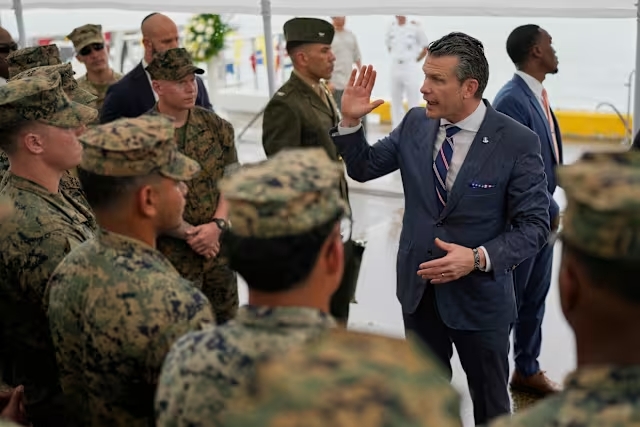Panamanian President José Raúl Mulino has publicly rejected the idea of allowing U.S. military bases on Panamanian soil, following a proposal made by U.S. Secretary of Defense Pete Hegseth during a regional security summit in Panama City.
Speaking at the Central American Security Conference earlier this week, Hegseth floated the possibility of establishing American military bases along the Panama Canal. While he stressed that any deployment would require Panama’s consent, President Mulino swiftly dismissed the idea, emphasizing the nation’s sovereignty and constitutional limits on foreign military presence.
“No foreign military bases will be established in Panama,” Mulino affirmed in a statement following the conference. “Our sovereignty is non-negotiable.”
Despite the rejection, a joint communiqué between the two countries permits the deployment of U.S. troops to Panamanian military installations along the Canal for training purposes. The agreement, framed as a deepening of defense cooperation, is seen by observers as a diplomatic compromise amid growing geopolitical tensions over the strategic waterway.
The controversy deepened after the Panamanian government requested that the English version of the communiqué be corrected to reflect the country’s sovereignty — a word reportedly omitted from the original Spanish version. Following Panama’s intervention, U.S. officials acknowledged the country’s sovereignty over the Canal.
The dispute comes amid increasing friction between the two nations, exacerbated by President Donald Trump’s rhetoric. Trump has repeatedly claimed that China exerts control over the Panama Canal and that the United States pays “an unfair price” to use the key maritime route. Both allegations have been strongly refuted by Panamanian authorities.
Mulino met with Hegseth between April 7 and 9, along with other top officials including the Panama Canal Administrator and the Ministers of Security and Canal Affairs. While both countries have expressed interest in strengthening military cooperation, Mulino reiterated that such efforts must respect Panama’s territorial autonomy.
In recent weeks, Washington has ramped up its strategic focus on Latin America as part of its broader campaign to counter Chinese influence across key global infrastructure. The Panama Canal, a vital passage for global trade, has become a focal point of this strategy.
Mulino’s firm stance signals Panama’s intent to preserve its neutrality and control over one of the world’s most critical maritime chokepoints, even as global powers jockey for influence in the region.
The developments are likely to remain under close watch as both countries navigate an increasingly delicate diplomatic balancing act.



